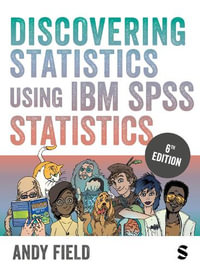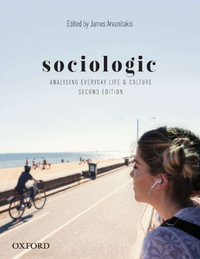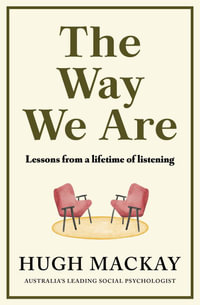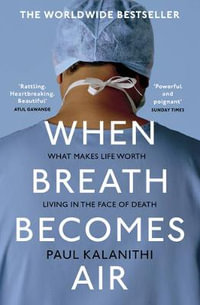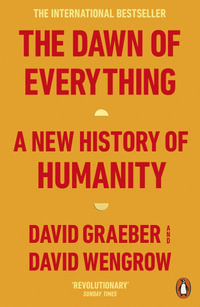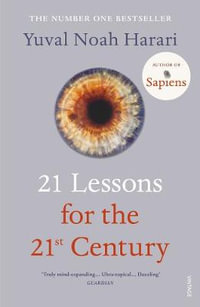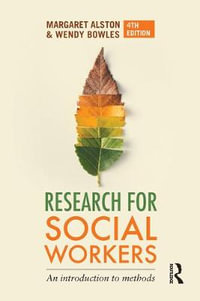During the occupation of West Germany after the Second World War, the American authorities commissioned polls to assess the values and opinions of ordinary Germans. They concluded that the fascist attitudes of the Nazi era had weakened to a large degree. Theodor W. Adorno and his Frankfurt School colleagues, who returned in 1949 from the United States, were skeptical. They held that standardized polling was an inadequate and superficial method for exploring such questions. In their view, public opinion is not simply an aggregate of individually held opinions, but is fundamentally a public concept, formed through interaction in conversations and with prevailing attitudes and ideas “in the air.” In Group Experiment, edited by Friedrich Pollock, they published their findings on their group discussion experiments that delved deeper into the process of opinion formation. Andrew J. Perrin and Jeffrey K. Olick make a case that these experiments are an important missing link in the ontology and methodology of current social-science survey research.
Industry Reviews
The "group experiments" were once famous and should be again. Perrin and Olick make a signal contribution by bringing this work together here. It is of pivotal importance for the history of social science, for themes that remain vital in public sphere research, and for its empirical contributions to understanding postwar Germany. -- Craig Calhoun, President, Social Science Research Council
In the long history of the Frankfurt School, perhaps nothing expresses the concept of negative dialectics as clearly as the tortured relationship between Critical Theory and empirical research. Without ever abandoning its suspicion of positivist social science, its members nonetheless sought to go beyond mere speculations about the contradictions of society and craft a research methodology that would either confirm or modify their hypotheses. The value and limitations of the results are nowhere as evident as in the investigation of German public opinion that occupied them when they first returned home from exile. Scrupulously edited and translated by Andrew J. Perrin and Jeffrey K. Olick, Group Experiment is not only a fascinating document in the Frankfurt School's history, but also a still suggestive contribution to a non-positivist science of society. -- Martin Jay, University of California, Berkeley



